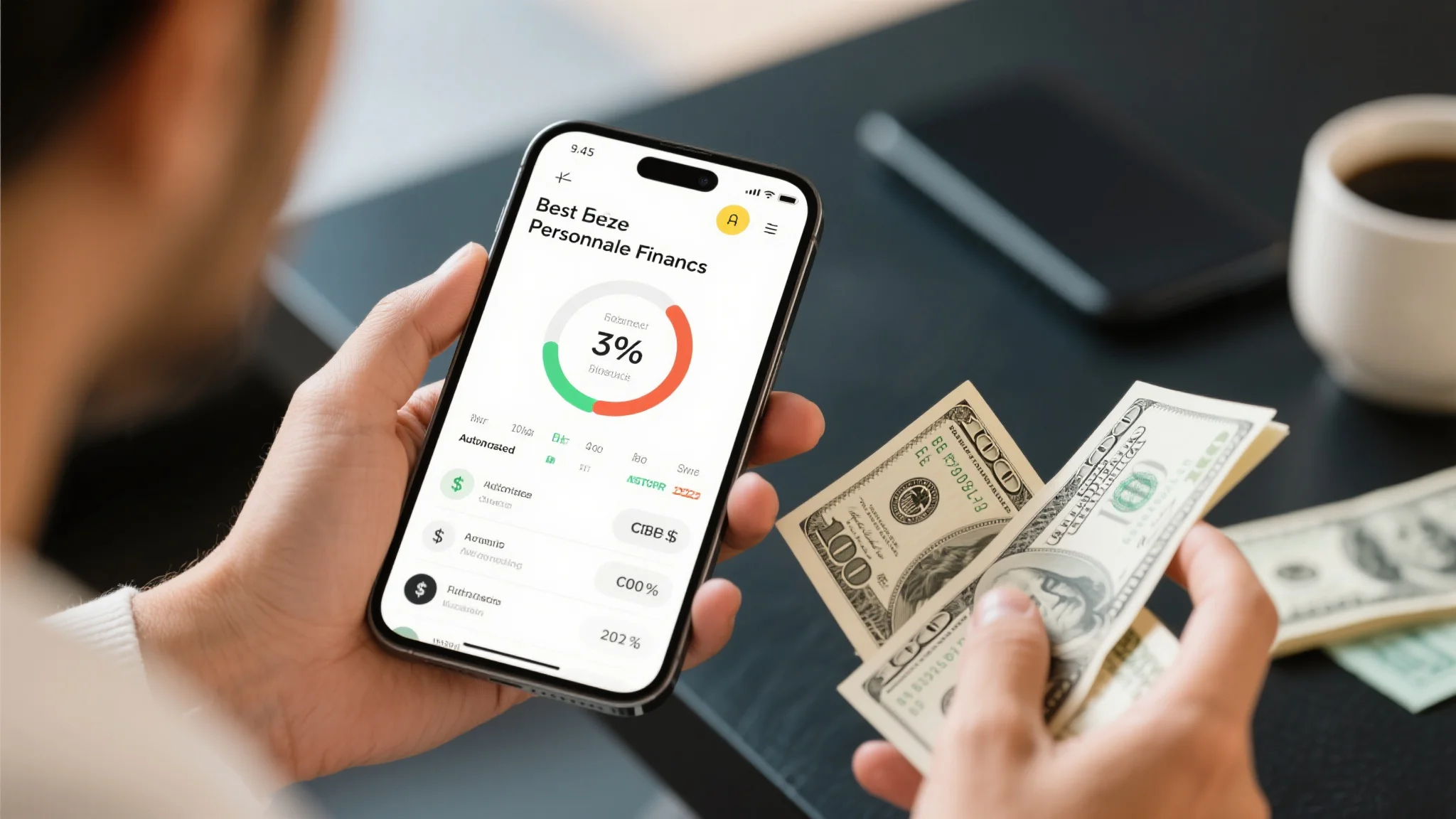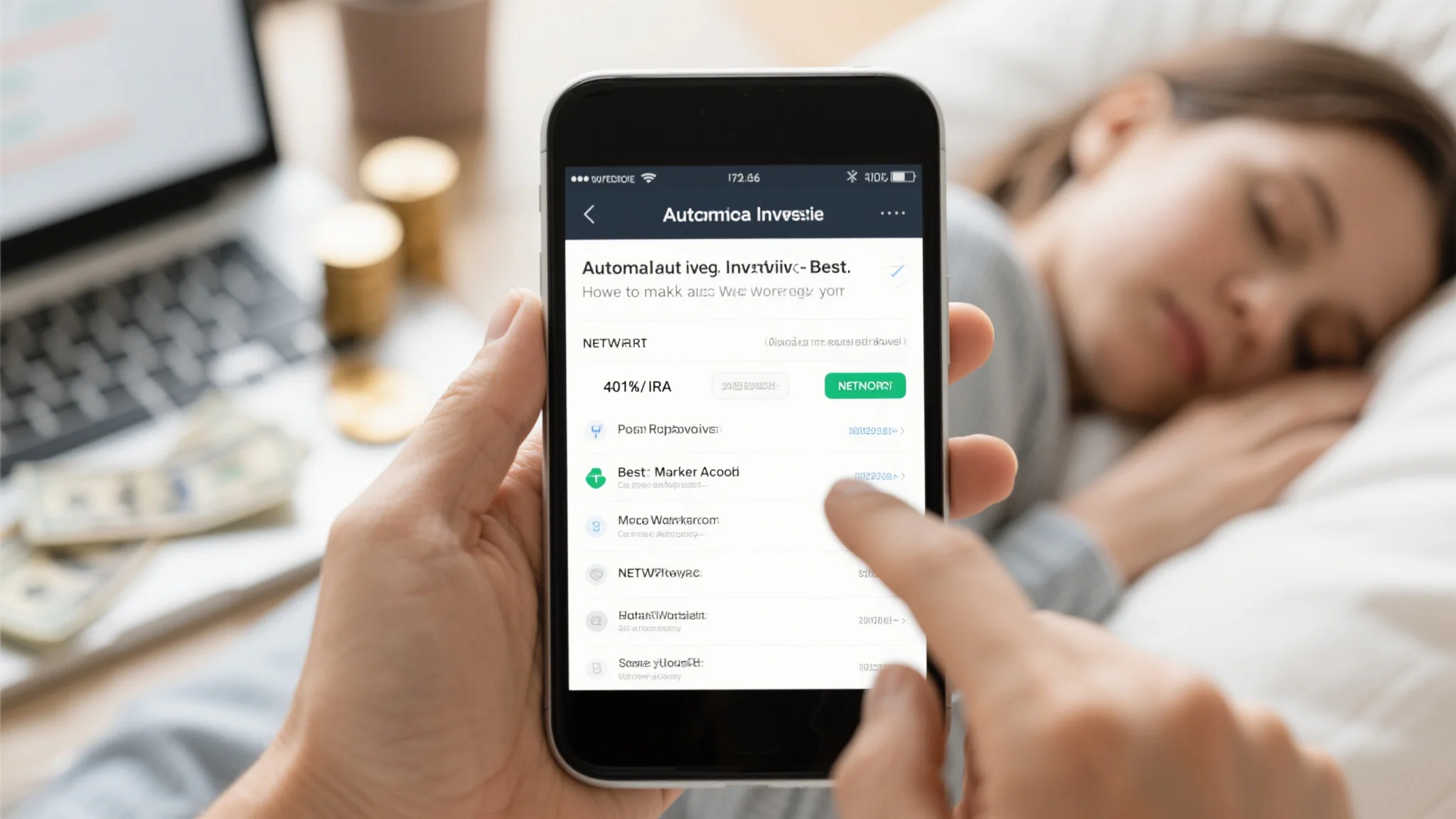
The Best Personal Finance Apps for Managing Your Money in 2025
The Evolution of Best Personal Finance Apps
In today’s digital age, best personal finance apps have become indispensable tools for managing money effectively. These applications have evolved far beyond simple budgeting tools into comprehensive financial management platforms. What sets modern solutions apart is their ability to connect all financial accounts in one place, providing real-time visibility into spending patterns, investment performance, and net worth fluctuations.
The most advanced best personal finance apps now incorporate machine learning to analyze spending habits and offer personalized recommendations. They can identify subscription services you may have forgotten about, suggest better banking products based on your usage patterns, and even predict future cash flow challenges. This level of financial insight was previously only available through expensive financial advisors.
Modern Budgeting Tools for Financial Control
Contemporary budgeting tools have moved beyond spreadsheets to offer dynamic, interactive experiences that make financial planning engaging. These applications use behavioral psychology principles to encourage positive money habits, with features like progress tracking, achievement badges, and social accountability options. The best platforms automatically categorize transactions while allowing for custom rules to handle unique spending patterns.
What makes today’s budgeting tools particularly effective is their predictive capabilities. By analyzing historical spending data, they can forecast monthly expenses with surprising accuracy, helping users avoid overdrafts and plan for large purchases. Some even integrate with calendar events to anticipate upcoming expenses like vacations or holiday gifts, ensuring these costs don’t derail financial plans.
The Rise of Automated Investing Platforms
Automated investing services have democratized access to sophisticated portfolio management strategies. These platforms use algorithms to build and maintain diversified investment portfolios based on individual risk tolerance and financial goals. The automation extends to periodic rebalancing and tax-loss harvesting, optimizing returns while minimizing manual effort.
Modern automated investing solutions go beyond basic robo-advisory services by incorporating goal-based planning features. Users can set specific targets like retirement, home purchases, or education funding, and the platform will recommend contribution levels and investment strategies accordingly. Some even adjust recommendations based on life events like marriage, children, or career changes.
Credit Score Improvement Made Simple
Specialized apps for credit score improvement provide actionable insights to help users build and maintain excellent credit. These tools monitor credit reports from all three bureaus, alerting users to changes that could indicate errors or fraudulent activity. More advanced features simulate how financial actions might impact scores before users make decisions.
The most effective credit score improvement applications offer personalized recommendations based on individual credit profiles. They might suggest optimal credit utilization percentages, ideal times to apply for new credit, or strategies to diversify credit mix. Some even provide direct dispute processes for challenging errors on credit reports without leaving the app.
Comprehensive Net Worth Tracking Solutions
Sophisticated net worth tracker applications aggregate all assets and liabilities in one dashboard, providing a complete financial picture. These tools connect to bank accounts, investment portfolios, real estate holdings, and even collectibles to calculate current net worth. Advanced versions include historical trend analysis and future projections based on savings rates and investment returns.
What sets premium net worth tracker solutions apart is their ability to account for non-liquid assets like home equity and business interests. Some incorporate local real estate market data to provide accurate home value estimates, while others can track private investment performance. This comprehensive approach helps users make better decisions about debt repayment, asset allocation, and retirement planning.
Integrating Financial Tools for Maximum Impact
The most powerful financial management comes from combining best personal finance apps with specialized budgeting tools and net worth tracker solutions. Many platforms now offer ecosystem approaches where data flows seamlessly between modules. This integration allows for holistic financial planning where budgeting decisions automatically reflect in investment strategies and credit management.
Forward-thinking platforms are beginning to incorporate automated investing recommendations directly within budgeting interfaces. When users have surplus funds, the system might suggest optimal allocation between debt repayment, savings goals, and investment accounts based on their complete financial picture and credit score improvement opportunities.
Choosing the Right Financial App Combination
Selecting the ideal mix of best personal finance apps depends on individual financial situations and goals. Those focused on debt reduction might prioritize budgeting and credit tools, while investors may emphasize portfolio tracking and automated platforms. Many users find value in using multiple specialized apps that sync data through open banking APIs rather than relying on a single all-in-one solution.
The key is ensuring chosen applications complement rather than duplicate each other’s functions. A well-designed app stack might include a comprehensive net worth tracker as the foundation, with specialized budgeting tools and credit score improvement apps feeding data into the central dashboard. Regular reviews ensure the toolset evolves along with changing financial needs and technological advancements.


